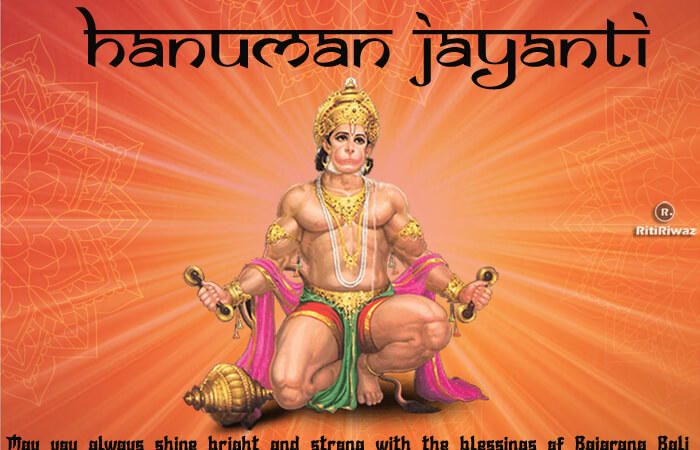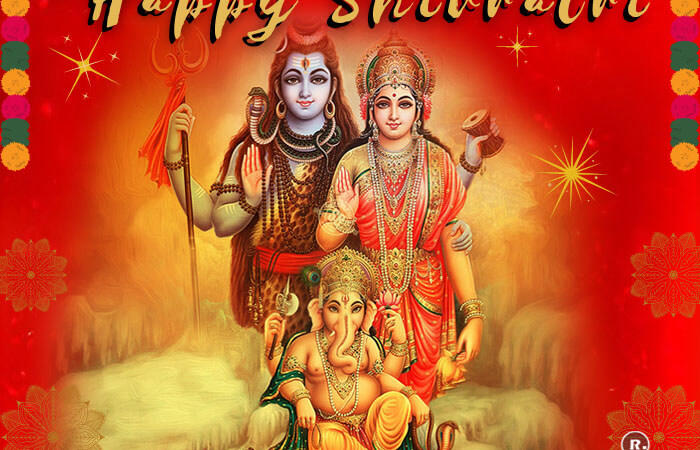Christianity in India

Christianity is India’s third-largest religion according to the census of 2011, with approximately 27.8 million followers, constituting 2.3 percent of India’s population. Christianity is the dominant religion in North-East states of Nagaland, Mizoram, Meghalaya, and Manipur while they make a substantial population in states of Arunachal Pradesh, Kerala, Tamil Nadu, Goa, and Andaman Nicobar Islands.
Of the religions that originated outside but found a home in India, Christianity is the oldest. If tradition is to be believed, it was brought to Kerala by St Thomas, the Apostle, under the auspices of the Nestorian Church. Written records testify to the presence of Christians in India from the sixth century onwards. In the middle of the sixteenth century, Jesuit missionaries made Goa their base after it became a part of the Portuguese colonial empire, and spread out to other parts of South India and Sri Lanka, and even ventured north.
Christians Culture in India
While Christians in India do not share one common culture, their cultures, for the most part, tend to be a blend of Indian, Syrian, and European cultures. It differs from one region to another depending on several factors such as the prevailing rate and tradition and the extent of time for which Christianity has existed in those regions.
The ancient Saint Thomas Christians of Kerala have a distinctively different culture when compared to Christians in other parts of the country. Goa was colonized by the Portuguese in the 16th century AD; as a result of which Goan Christians have adopted more western culture. The dance, song, and cuisine of Goa have been greatly influenced by the Portuguese. Contemporary Goan Christian culture can be best described as an increasingly anglicised Indo-Latin culture. Contemporary Latin Christian culture in India draws greatly from the Anglican culture as a result of the influence of the erstwhile British Raj.
Today Christians are considered to be one of the most progressive communities in India. Urban Christians are to a greater extent influenced by European traditions which are considered an advantage in the business environment of urban India; this is given as an explanation for a large number of Christian professionals in India’s corporate sector. The Christian church runs thousands of educational institutions which have contributed to the strengthening of Christian culture in India.
Belief of Christianity
1. The sixty-six canonical books of the Bible as originally written were inspired by God, hence free from error. They constitute the only infallible guide in faith and practice.
2. There is one God, the Creator and Preserver of all things, infinite in being and perfection. He exists eternally in three Persons: the Father, the Son, and the Holy Spirit, who are of one substance and equal in power and glory.
3. God created Adam and Eve in His own image. By disobedience, they fell from their sinless state through the temptation of Satan. This fall plunged humanity into a state of sin and spiritual death and brought upon the entire race the sentence of eternal death. From this condition we can be saved only by the grace of God, through faith, on the basis of the work of Christ, and by the agency of the Holy Spirit.
4. The eternally pre-existent Son became incarnate without human father, by being born of the Virgin Mary. Thus, in the Lord Jesus Christ, divine and human natures were united in one Person, both natures being whole, perfect, and distinct. To effect salvation, he lived a sinless life and died on the cross as the sinner’s substitute, shedding his blood for the remission of sins. On the third day, he rose from the dead in the body which had been laid in the tomb. He ascended to the right hand of the Father, where he performs the ministry of intercession. He shall come again, personally and visibly, to complete his saving work and to consummate the eternal plan of God.
5. The Holy Spirit is the Third Person of the Triune God. He applies to man the work of Christ. By justification and adoption, we are given a right standing before God; by regeneration, sanctification, and glorification our nature is renewed.
6. When we have turned to God in penitent faith in the Lord Jesus Christ, we are accountable to God for living a life separated from sin and characterized by the fruit of the Spirit. It is our responsibility to contribute by word and deed to the universal spread of the Gospel.
7. At the end of the age, the bodies of the dead shall be raised. The righteous shall enter into full possession of eternal bliss in the presence of God, and the wicked shall be condemned to eternal death.
Suggested Read: Indian Religions






